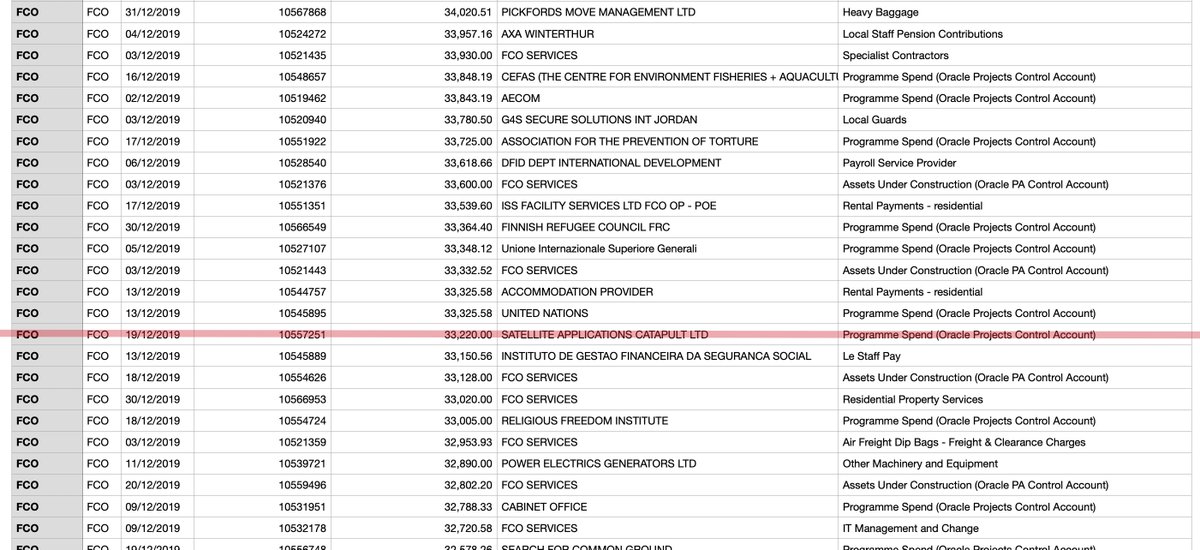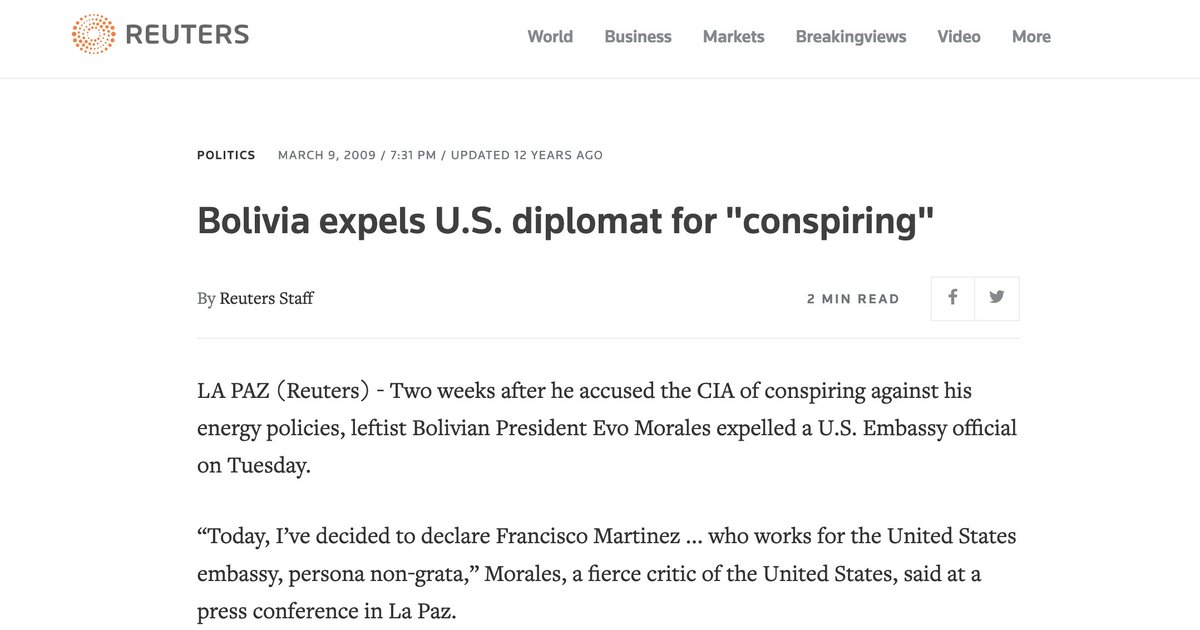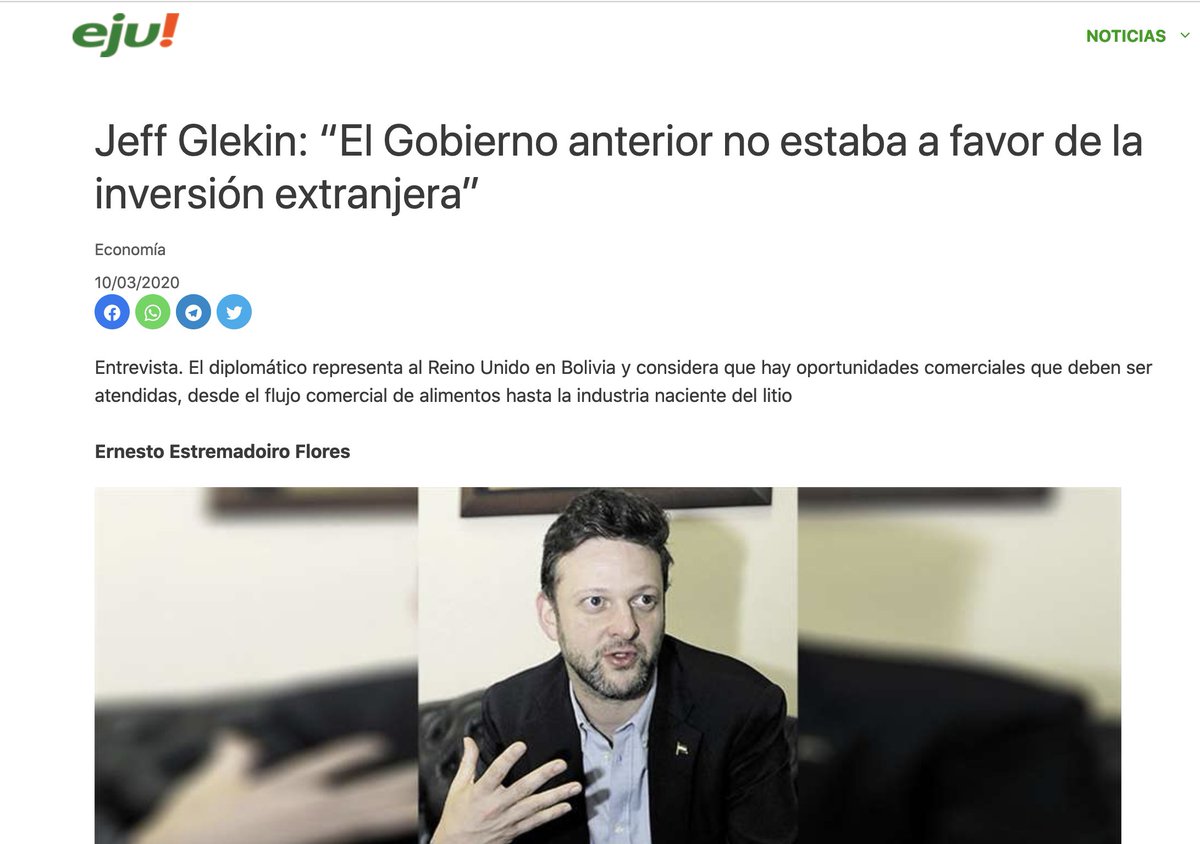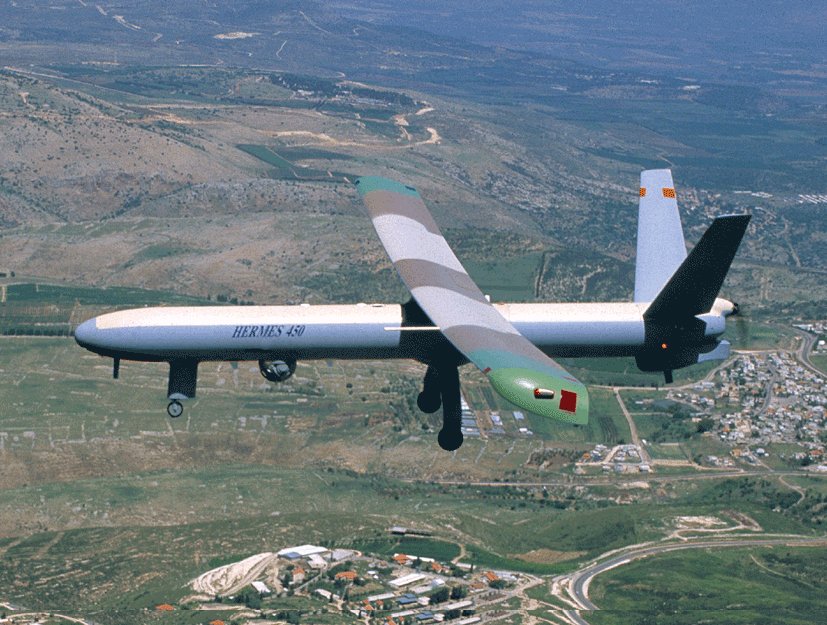
The British government welcomed the 2019 coup in Bolivia that overthrew democratically-elected president Evo Morales. It then strongly supported the resulting coup regime. Here's why. Thread. 

On 19 December 2019 - the month after Morales fled the country - Britain’s Foreign Office appears to have paid Oxford-based company, Satellite Applications Catapult, £33,220 to optimise "exploitation" of Bolivia’s huge lithium deposits. 

In March 2020, five months after democracy was overthrown, the UK embassy acted as a "strategic partner" to the coup regime, and organised an international mining event in Bolivia. 

A British company, Watchman, was brought in by the UK embassy to give the keynote presentation and outline the "creative solutions" it had enacted in Africa to bring local communities onside with mining projects.
Foreign Office documents note: "Watchman UK and other consultancies are now in line to offer services ....to a number of Bolivia mining companies who wish to achieve win-win solutions to their controversies with indigenous inhabitants".
Watchman is a risk management company set up in 2016 by Christopher Goodwin-Hudson, a nine-year veteran of the British Army who was later executive director of global security for the investment bank Goldman Sachs. 

Eight months before the coup, the British embassy in La Paz brought Darktrace to Bolivia, a company which was founded by the UK intelligence community, and which has close links to America’s Central Intelligence Agency (CIA). 

In 2009, Evo Morales had expelled a US diplomat who he claimed was a CIA asset heading an operation to infiltrate Bolivia’s state-owned oil company. 

The UK embassy in La Paz also provided data for the now-discredited report which was used to justify the 2019 coup.
The embassy carried out a survey on voting intentions, which “was an important input for the OAS mission report, which identified irregularities in the process”.
The embassy carried out a survey on voting intentions, which “was an important input for the OAS mission report, which identified irregularities in the process”.

Five months after the coup, in March 2020, UK ambassador to Bolivia, Jeff Glekin, told the local media: "The previous government was not very in favour of foreign investment. So, with the changes that we are going to see, it will be easier to enter the market and do business." 

• • •
Missing some Tweet in this thread? You can try to
force a refresh


















